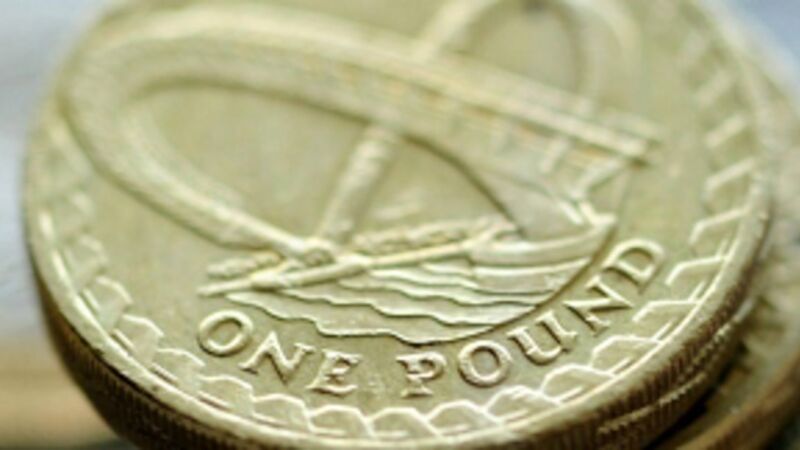Sterling rises as fears over Brexit overdone

A measure of risks to sterling, following the June 23 vote on Britain’s membership of the EU, has tumbled by the most since the country narrowly avoided an inconclusive general election last year.
And though the pound is still the worst-performing currency in the developed world in 2016, during the past week it’s been the biggest gainer.
















